Unidentified: Twice Exceptional Children of Color
“I’m dumb!” “I can’t learn!” Often underserved in public schools, twice exceptional children of color, especially children of color who are of African or Hispanic descent spend their entire academic career unidentified and underperforming.
Dyslexia: Should you tell them?
In the documentary called “Embracing Dyslexia,” a father asked the principal of his child’s school if he should tell his child that the child has dyslexia. The principal says, “No!”
Yucky fiction!!! books books books
The value of reading fiction for people with Asperger Syndrome is that reading this genre offers them the opportunity to improve non-verbal skills, in spite of the fact that some people with Asperger Syndrome do not enjoy reading fictional books.
Whole language vs. phonetic based reading
Why are we trying to decide whether whole language or phonetic based reading instruction is the right kind of reading instruction. Kids should have both. The difference between the two forms of training is that whole language instruction means that reading instruction is done within the context of whole- language. Phonetic-based instruction, like Orton-Gillingham is reading […]
Reading words or learning to read? Part III
It is a fact that students with language-based learning disability require more intense structured instruction over a longer period of time in order to acquire many aspects of language.
Reading words or learning to read? Part II
I’ve been frustrated this year with the level of reading instruction my daughter has received. What did I notice about my daughter’s reading abilities? She skipped words she didn’t know, and she confused small words like “of” and “off.” When I asked her indirect questions about stories she had read, she’d fall out on the floor screaming. Okay, I […]
Reading words or learning to read? Part I
My daughter’s reading instruction at school has been frustrating this year. She is a fluent reader, but when you ask her what she has read. Her answer is sometimes, “I don’t know!” Her comprehension is not equal to her fluency level. Is this normal? Yes, she has been working on learning to read the words, […]
Painful to Watch
I watched a movie called, “In Her Shoes” with Cameron Diaz as a character that drinks and can’t keep a job. The movie implies that this may be the result of poor reading abilities. She tries to hide her reading impairment from family and friends. Due to lack of self-esteem she feels her only value […]
Speech-Language Therapy
Each person has different strengths and weaknesses. Part of the speech language pathologist job is to help each person understand and use their strengths to overcome their weaknesses. Discovering each person’s strengths is like uncovering pearls. The goal is to learn how to use an individuals strength to decrease or navigate around their speech language deficit. It’s […]
Case Study: Part II Reading and Technology
It has taken years of work two times a week to bring Renee’s reading rate up to a functional rate that can support her high school academics. However, Renee’s reading rate is still not grade level and because she easily fatigues when reading, remediation can not be the sole solution. She does not always read […]

